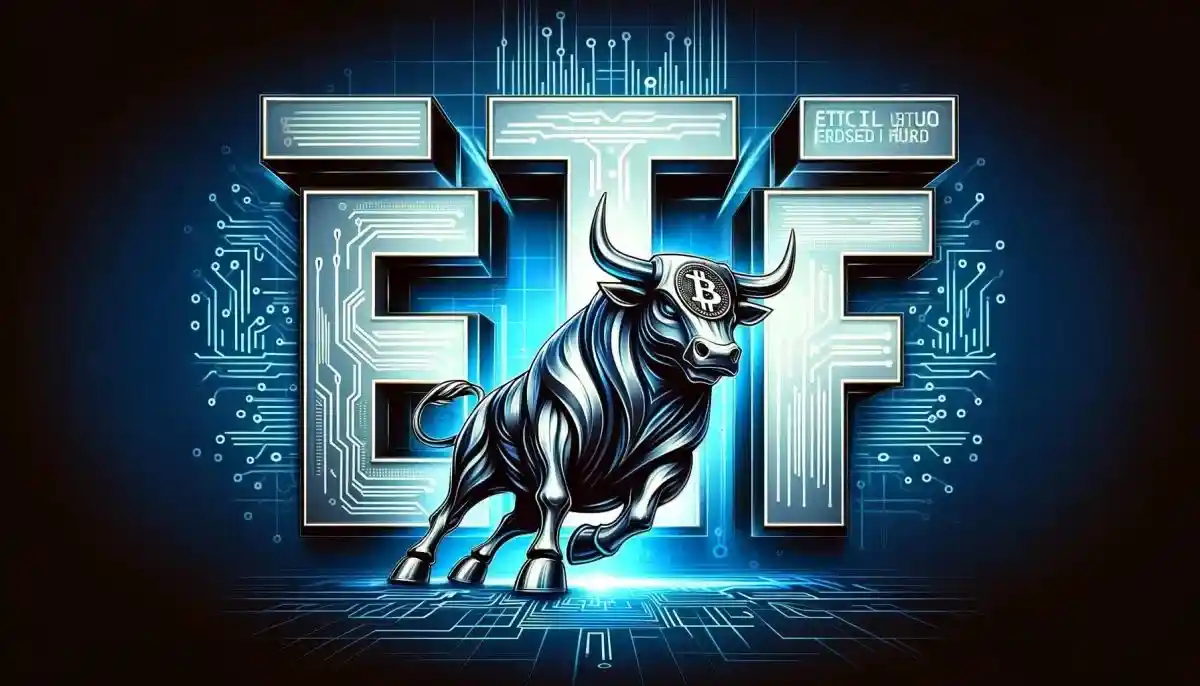- During a recent CNBC interview, outgoing SEC Chair Gary Gensler reiterated his view that most digital assets are securities, with Bitcoin being the sole exception due to its decentralized nature.
- Under Paul Atkins’ SEC leadership, the Ripple lawsuit could be settled, offering regulatory clarity for all assets and potentially leading to the approval of XRP-based ETFs in 2025.
In a January 14 interview on CNBC’s Squawk Box, Gary Gensler reflected on his term as SEC Chair, spotlighting key reforms, his contentious approach to cryptocurrency regulation, and the agency’s strides in climate and ESG disclosures. Gensler is set to step down from his role on January 20, coinciding with President-elect Donald Trump’s inauguration. Trump has nominated cryptocurrency advocate Paul Atkins to take over as the new SEC Chair, signaling potential shifts in regulatory priorities under the incoming administration.
For context, Gary Gensler was appointed in 2021 under President Joe Biden and leaves behind a legacy shaped by sweeping regulatory initiatives. His tenure witnessed actions aimed at modernizing equity markets and promoting transparency. However, it was his assertive stance on cryptocurrency regulation that drew widespread attention and divided opinions.
While Gensler maintained a critical view of the cryptocurrency sector, he acknowledged Bitcoin as unique. “Bitcoin’s not a security, but these 10,000 or 15,000 other tokens… have hurt the investing public over many years,” he stated. Gensler reiterated that Bitcoin’s decentralized nature places it outside the SEC’s regulatory scope. However, he characterized other tokens as speculative assets that frequently lack compliance with securities laws.
“Bitcoin is a highly speculative, volatile asset,” Gensler said, comparing it to gold’s long-standing role as a store of value. He emphasized that other cryptocurrencies must prove their fundamental use cases to ensure long-term viability, cautioning against projects with weak or non-existent foundations.
Gensler’s Polarizing Legacy
Gary Gensler’s tenure as the SEC chair has been marked by a combination of regulatory enforcement and contentious battles, especially regarding the cryptocurrency market. His approach to regulating digital assets, particularly the SEC’s legal actions against crypto exchanges and projects like Ripple, has left a polarizing legacy. Under his leadership, the SEC pursued transparency and investor protection, exemplified by the $45 million fine imposed on Robinhood for regulatory violations.
One of the most high-profile lawsuits Gensler’s SEC pursued was against Ripple Labs. The SEC alleged that Ripple’s offering of XRP to early investors violated securities laws. Notably, Gensler faced opposition from the crypto space, as evidenced by the lawsuit filed by 18 U.S. states against the SEC. The plaintiffs accused the SEC of overreaching its authority and argued that its aggressive regulatory stance against crypto companies was harmful.
The future of crypto regulation could see a shift under the incoming administration, with observers like ConsenSys CEO Joe Lubin suggesting that the battle between the SEC and crypto companies may eventually subside under Donald Trump’s leadership.
Gensler further reflects on key reforms in the equity and Treasury markets that defined his leadership. Among his accomplishments were shortened settlement cycles, enhanced corporate governance, and increased transparency in the market.
“The U.S. Treasury market is the bedrock of our capital markets,” Gensler remarked, highlighting its critical role in the global financial system. He praised the bipartisan efforts of Treasury Secretary Janet Yellen and Federal Reserve Chair Jay Powell that aimed to strengthen the market’s resiliency and foster competition through “all-to-all trading.” According to Gensler, these measures would reduce systemic risks and promote a smoother borrowing process for the U.S. government.
Looking ahead, Gensler pointed to the Congressional Budget Office’s projection of a $36 trillion Treasury market by 2028, an estimated 25% growth from its current size of $28 trillion. He stressed that implementing reforms is vital to ensure market liquidity and maintain international confidence in U.S. fiscal operations.
Recommended for you:



